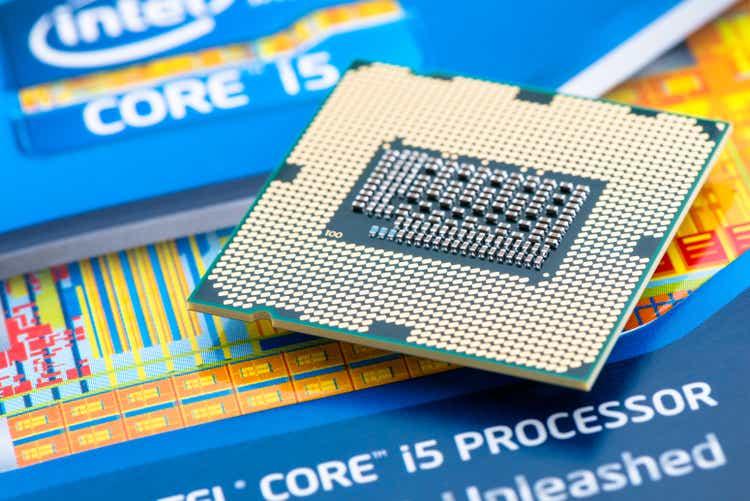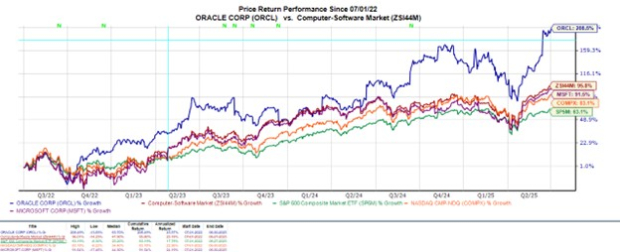
yorkfoto/iStock Unreleased via Getty Images
Massive subsidies for new semiconductor factories are on the cards, with the Biden administration poised to fork over billions to Intel (NASDAQ:INTC), Taiwan Semiconductor (NYSE:TSM), and other players in the industry.
Coinciding with President Biden’s State of the Union speech on March 7, the announcement of the subsidies, which are part of the $53 billion Chips Act, carries high stakes for the faltering semiconductor sector. Indeed, industry executives, the Wall Street Journal has learned, will be involved in the preliminary releases of these much-needed funds.
Industry insiders anticipate Micron (MU), Texas Instruments (TXN), and GlobalFoundries (GFS) to similarly benefit from the Biden administration’s largesse.
In a timely development, and underscoring the significance of the subsidies, the near $53 billion Chips Act comes roughly one year after its enactment, as the White House continues to champion its effectiveness. With over 460 companies submitting statements of interest to receive funding, the Chips Act is a crucial piece of legislation, offering tax credits for domestic semiconductor manufacturing, aimed at strengthening America’s grip on the global semiconductor market. The aim is to notably curtail its reliance on Asia, augmenting both its economic and national security standing.






